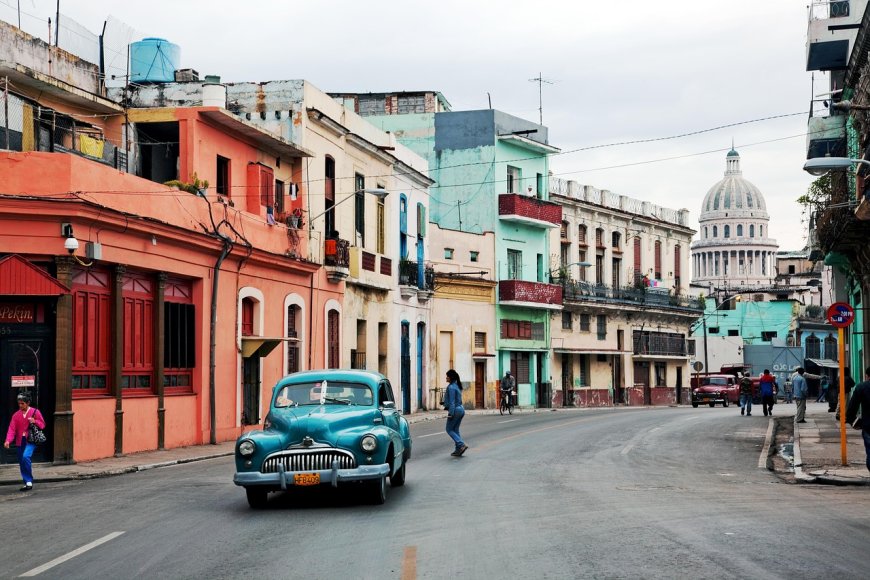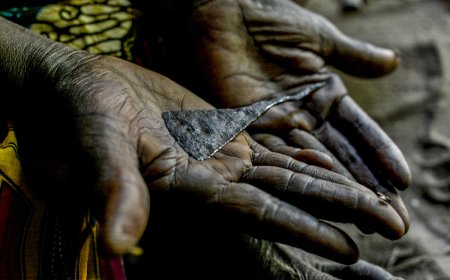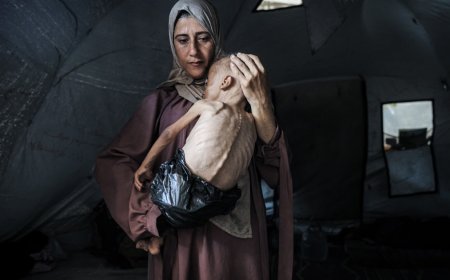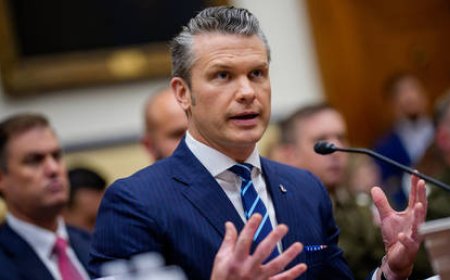How the Cuban health system resists despite the US embargo
On October 19, 1960, the US imposed an embargo on exports to Cuba that remains until today, despite being condemned by almost the entire world. Even so, the small Caribbean country managed to build a health system that resists to all constraints.

Cuban healthcare is often pointed to as a model in some aspects, especially considering the country's relatively low resources compared to developed nations. Despite facing economic challenges and trade restrictions, Cuba has achieved notable successes in healthcare. There are several factors that contribute to their relative success in the healthcare sector:
-
Primary Healthcare Focus: Cuba has a strong emphasis on primary healthcare and preventive medicine. The country has an extensive network of local clinics and family doctors, which helps in early detection and treatment of health issues.
-
Healthcare as a Priority: The Cuban government considers healthcare a top priority and allocates a significant portion of its budget to the healthcare system. This commitment to the sector has allowed them to provide basic healthcare services to all citizens.
-
Emphasis on Education: Cuba places a strong emphasis on medical education and has a well-developed system of medical schools. The country produces a substantial number of well-trained medical professionals who are then deployed both nationally and internationally to provide medical aid.
-
Community Involvement: The Cuban healthcare system focuses on community involvement and participation. This approach helps in understanding the unique health needs of different regions and tailoring healthcare services accordingly.
-
Healthcare Infrastructure: Despite economic challenges, Cuba has managed to build a relatively robust healthcare infrastructure, including hospitals and medical facilities.
-
Preventive Measures: Cuba emphasizes preventive measures to control the spread of diseases. This includes vaccination campaigns, health education, and disease surveillance.
-
International Collaboration: Cuba has been actively involved in international medical collaborations and has sent medical teams to provide aid in various countries, especially during times of disasters or health emergencies.
-
Medical Research: Cuba has a tradition of investing in medical research and innovation, leading to the development of its vaccines and treatments.
-
Public Health Programs: The Cuban government has implemented various public health programs focused on areas such as maternal and child health, communicable disease control, and chronic disease management.
It's important to note that while the Cuban healthcare system has achieved some successes, it also faces challenges, such as shortages of medical supplies and advanced medical technologies due to economic constraints.
The embargo imposed 60 years ago by the United States on Cuba has undoubtedly posed significant challenges to the Cuban economy, including the healthcare sector. The embargo restricts trade and financial transactions between the U.S. and Cuba, limiting access to certain resources and technologies. Despite this, the Cuban government has prioritized healthcare and continues to work towards providing accessible and universal healthcare to its citizens.
Overall, the success of the Cuban healthcare system can be attributed to a combination of government commitment, emphasis on preventive medicine, community engagement, and international medical collaborations. However, the healthcare system's challenges persist, and ongoing efforts are required to address them effectively.





























































































